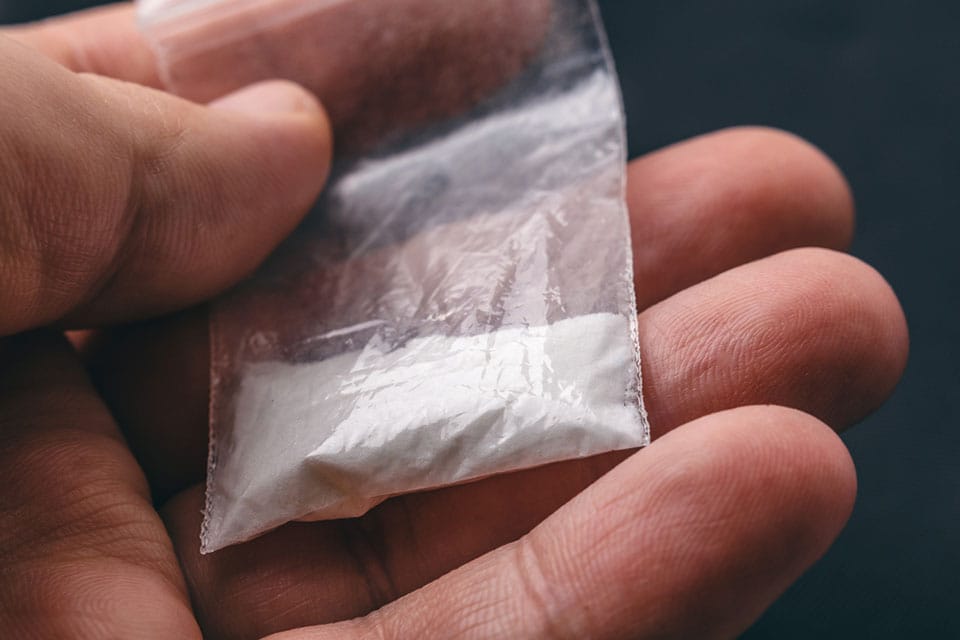A team of Canadian and Israeli researchers believe that doctors may one day be able to target genetic factors in people addicted to cocaine and significantly reduce the severity of relapse-inducing cocaine withdrawal. People addicted to cocaine commonly experience serious withdrawal symptoms when they enter treatment and stop using the drug. Unfortunately, the intensity of cocaine withdrawal can easily encourage a relapse back into active drug consumption. In a study published in May 2015 in The Journal of Neuroscience, researchers from Canada’s McGill University and Israel’s Bar-IIan University explored the feasibility of using short-term genetic changes that take place during the withdrawal process as a target for new therapies that substantially reduce the odds that a relapse will occur.
Cocaine Addiction and Withdrawal
Any person addicted to a mind-altering substance undergoes lasting change in the pleasure center, a group of interconnected brain structures that determines how much rewarding feeling you get from any given action. When intake of the substance in question tapers off sharply or stops altogether, the pleasure center essentially fights for continued drug or alcohol intake by triggering a withdrawal syndrome that makes the individual feel physically and mentally unwell. The intensity of withdrawal varies according to the substance that functions as the source of addiction. People addicted to cocaine experience a particularly intense form of withdrawal that can readily promote a relapse after the initial establishment of a pattern of abstinence. Specific symptoms of cocaine withdrawal include strong cravings to return to drug use as soon as possible, a “down” or depressed mental state, a restless and irritable mental state, loss of energy, nightmares and a general loss of a sense of well-being. In individuals with a longstanding addiction to the drug, depression-related symptoms and cocaine craving can continue to exert their effects for weeks or months after the establishment of abstinence. Doctors currently have no reliable medical options to deal with the potentially severe drug cravings in people withdrawing from cocaine.
Short-Term Genetic Change
Most people are familiar with the fact that many of our basic traits as individuals are passed on through generations in the form of DNA. However, fewer people know that interactions with the environment can significantly alter the real-world expression of inherited traits by turning portions of the genetic code “on” or “off” in specific circumstances. Scientists refer to this short-term expression of DNA as epigenetics. A broad range of factors can combine to turn any specific gene on or off, including exposure to various chemicals and substances.
Impact on the Withdrawal Process
In the study published in The Journal of Neuroscience, the researchers used laboratory experiments on rats to determine if the cocaine withdrawal process triggers short-term genetic change inside the brain. The researchers also explored the possibility of combating any damaging changes through medical treatment. During the experiments, they promoted the onset of cocaine addiction in a group of rats, then cut off access to the drug and allowed the animals to go into withdrawal. Next, the researchers measured the intensity of the rats’ withdrawal symptoms one day after the establishment of abstinence, as well as one month later. After studying the brains of the animals involved in the experiment, the researchers concluded that cocaine withdrawal induces short-term genetic change in part of the brain’s pleasure center by turning nerve cells “off.” They also concluded that the number of cells turned to the off position increases as the period of withdrawal extends over time. This finding is reflected by the fact that the rats commonly experienced intense cravings for cocaine after losing access to the drug for a full month. As the next step in the study, the researchers injected a cocaine-addicted group of rats with a medication called RG 108, which essentially stops the pleasure center from turning off its nerve cells. When given this medication, the rats experienced a dramatic decline in their drug cravings after 30 days of cocaine abstinence and essentially showed no strong urges to return to active drug intake. The researchers also achieved generally positive results when using two other medications that targeted different forms of short-term genetic change inside the brain. The study’s authors note that it is cocaine withdrawal, not active cocaine use, that apparently produces the observed gene-based change in the brain’s normal function. They believe that their findings may lead to the development of new, highly effective ways of helping people in recovery for cocaine addiction avoid a relapse.

